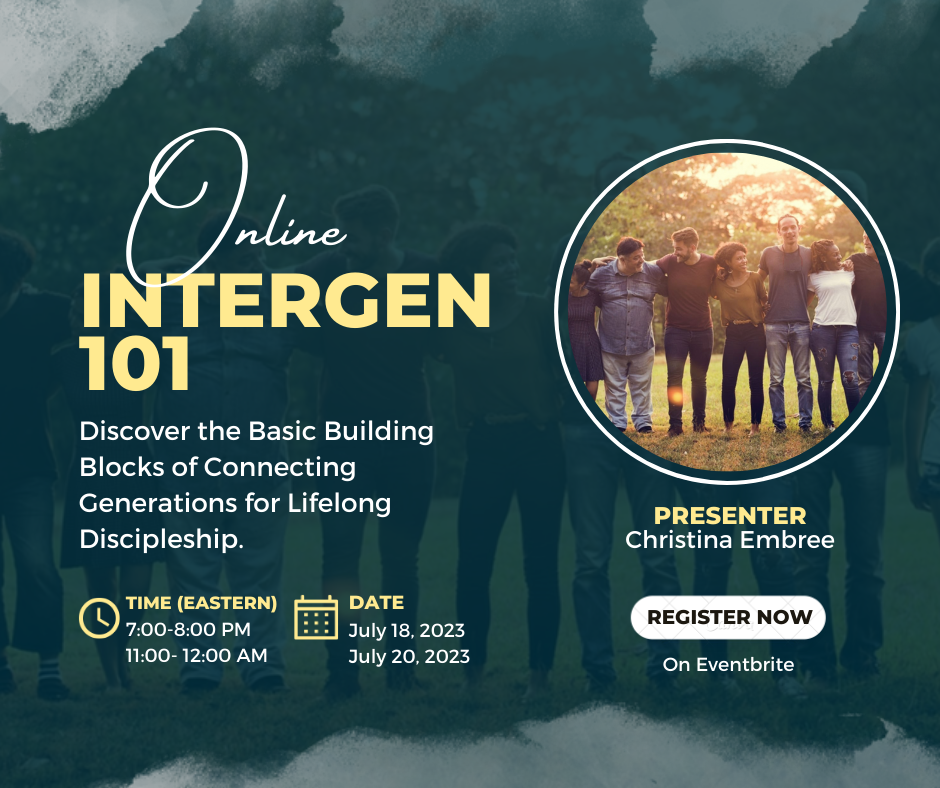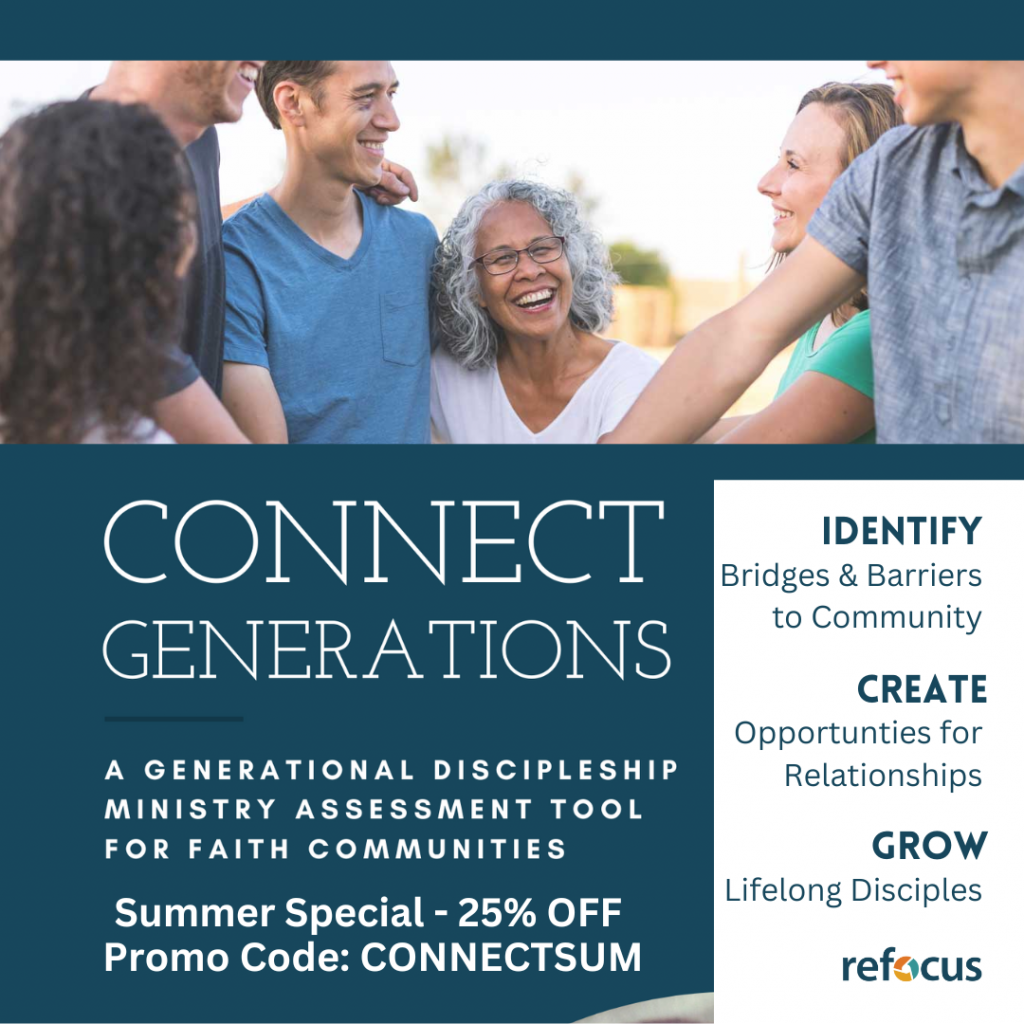I had a whole other blog post written for today.
I was prepared to address a completely different topic today.
But as I was working on that first blog post, doing some research so I could present well what I wanted to share, I ran across some information that stopped me in my tracks. And I can’t stop thinking about it. And I can’t move on without sharing what I learned.
We hear a lot about the younger generation and the current mental health crisis. It’s real and it is certainly something that we need to be talking about and addressing. And that was the information I was originally looking for. But when I went to the CDC’s website for information on youth and young adult mental health realities, I had to pause.
Because what I found was heartbreaking.
I found that youth and young adults ages 10–24 years account for 15% of all suicides and that this is the second-leading cause of death in this age group(Source). Sobering to be sure.
But then I kept reading. I found that senior adults aged 75 and older have one of the highest suicide rates of any age group and specifically, men aged 75 and older have the highest rate compared to other age groups (Source).
57.3% of all suicides in the United States occur in people aged 65 years or older. Males make up less than 50% of the population but 80% of the suicides (Source).
What is going on?
Why are our oldest generations suffering so much that they feel the only way they can cope is by ending their lives?
Some studies show a link between failing health and decline in mental acuity as reasons for these alarming statistics. But deeper research demonstrates it’s bigger than that. A lack of social connectedness, of meaningful relationships in community, is a huge contributing factor. The need we all have to belong to a community is exacerbated by social isolation in old age, things like living alone, loss of spouse, loneliness, and low social support, and that has been empirically linked with late life suicide; (Source).

But surely, the rates are different when we look at those who are connected to a faith community and are part of a church? Well, yes! Spirituality and religiousness have been cited as protective factors against the development of the depression and suicide. But, and this is so important, only in those spaces where ongoing relationships offer the function of connectedness such as support provided to an isolated elder by their faith community (Source).
So often, there’s a misguided notion that intergenerational ministry is primarily focused on children and youth. And to an extent, that is because many of individuals who have written about and pursued connectedness in the church tended to be children and youth ministers who grew concerned about the rising number of young adults leaving the faith and their research showed that connecting children and youth in relationships with the whole church, all generations, was a key component to raising mature disciples that stick.
But, intergenerational community and ministry is not solely about the children and the teenagers. It’s not about shaping our spaces and services to meet the needs of one demographic. We already do that; it’s just that the demographic tend to be adults between the ages of 30 and 65. Intergenerational ministry is about building a discipling community where belonging and believing go hand-in-hand and all generations benefit from learning, worshiping, and serving with and from one another.
However, if we want to look specifically at a demographic who desperately needs the warm embrace of community and a place to belong, we don’t always have to look to the children and the teenagers. We can look to our parents and grandparents and great-grandparents. We can look especially to the older men in our communities that no longer feel needed or like they have anything to offer. We can recognize that intergenerational community isn’t about just including children in our worshiping spaces but also about creating places for wisdom and experiences from the oldest generations to be welcomed, needed, and desired.
If you’d like to learn more about the generations present in your church today and the gifts they bring to your community as well as the needs that they have, we invite you to contact us for a FREE initial conversation with Christina Embree, ReFocus founder, director, and ministry coach. Included as part of your conversation is a helpful chart outlining the generations and how you can best meet their needs and utilize their gifts in your faith community.

INTERGEN 101: THE BASIC OF CONNECTING COMMUNITIES FOR GENERATIONAL DISCIPLESHIP
Back by Request: Free Webinar on Intergenerational Ministry. TWO DATES, TWO TIMES!
Generational discipleship and connecting generations in community is a growing area of interest in children, youth, and family ministry. Join ReFocus Ministry for a free webinar that will give you the basic building blocks of intergenerational ministry as well as offer practical next steps and resources to identifying and connecting the generations present in your church today.
Register Online at Eventbrite at the links below
Summer is the Time to Connect!
Special offer for churches ready to build a discipling community.
Connect Generations, a ministry assessment tool that can be done by a church in less than a week that offers specific insight into the barriers and bridges to connect generations and bring your community together.
We’re so convinced that this tool will transform discipleship in your church, we are offering a SPECIAL promotional offer for the summer. Use the code CONNECTSUM to get 25% off your Connect Generations Ministry Assessment Tool including personalized feedback and a FREE 30 minute coaching session.

Christina Embree is the founder and director of ReFocus Ministry. She holds a masters in ministry focused on Children, Youth, and Family Ministry and a doctorate in spiritual formation with a focus on age segregation and intergenerational ministry. In addition to coaching churches of multiple denominations and traditions all around the globe, Christina serves as the Minister of Generational Discipleship for the Great Lakes Conference of the Brethren in Christ and as a pastor at Plowshares Brethren in Christ in Lexington, Kentucky. She is widely recognized as a speaker and author in the areas of generational discipleship, intergenerational ministry, and family ministry. As the mother of three children, she is familiar with the challenges of faith at home and pastoral ministry. She along with her husband Luke share a love for the church, their community, and the global work of peace and restoration through Jesus.



